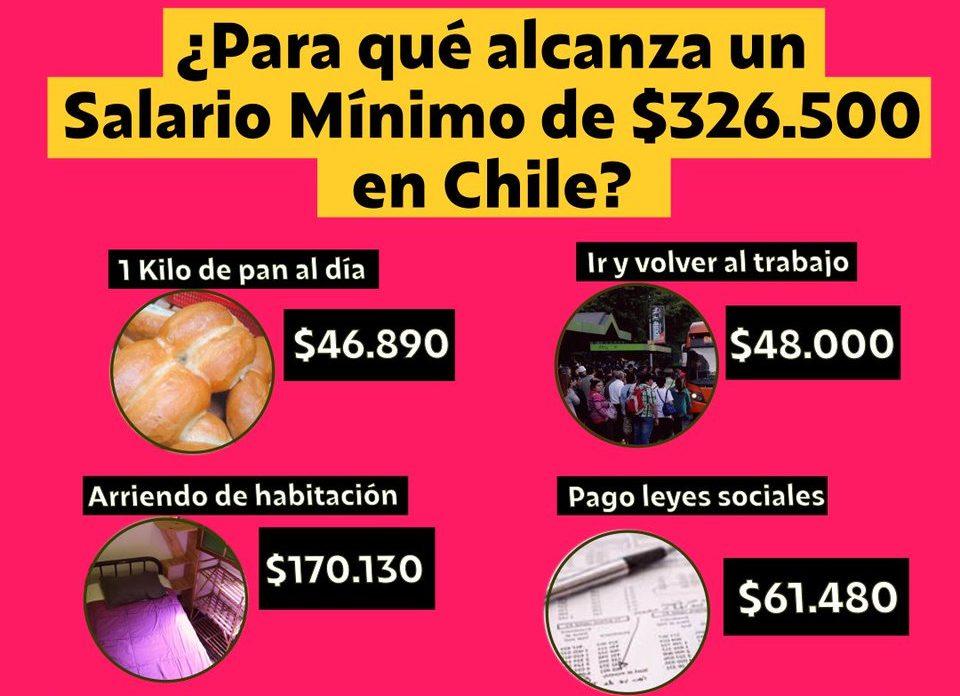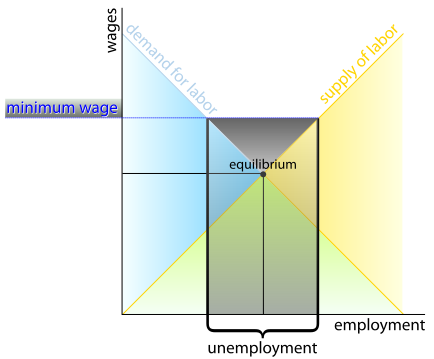
Axel Kaiser reminds me of the wealthy students I taught at the Grange School in Santiago, Chile in 2005. Some good kids among them but a sense of superiority from many. One of the richest guys in Chile, if not the richest, Andrónico Luksic, sent his sons to the Grange. Maximiliano, one of the middle sons, was a nice kid with the air of somebody used to people coming to him. The youngest son, whose name I can’t remember, was a prick — he was only thirteen at the time. I mention them to name drop and because — in one of his many didactic presentations available on YouTube — Kaiser mentions ‘los Luksic’. Kaiser aims to debunk the argument that if the richest families in Chile gave up their wealth there would be no more poverty. Kaiser compares the wealth of Luksic with government spending to show how minute it is by comparison. In the mind of Kaiser, a libertarian, most government spending is a waste of money.

Kaiser from what I’ve seen is a very good debater — a quick thinker and faster talker. About free market economics, he’s read a lot — as he says people demonize Milton Freedom as a neoliberal bogeyman, but very few of them have actually read him (I certainly haven’t). Kaiser comes up with a lot of very persuasive and easy to understand examples — he’ll use some theory but no TOO much. His fault is that he’s not balanced. That’s the fault of all of us? For sure, but he’s pretty bad.
His most well-known work to this point, co-written with Guatemalan Gloria Alvarez Cross, is El Engaño Populista, or The Populist Delusion. The book looks to expose the damage left-wing populist governments have done in Latin America — through corruption and demagoguery. All good, but he wants to blame ALL the problems of Latin America on these leftists. He also compares them liberally (by which I mean repeatedly from the first page) with the Nazis — these populists don’t allow personal freedom and apparently their policies are copy paste from Hitler and Mussolini.
Kaiser and Cross would have been better to have pointed out the totalitarianism of these socialist governments from the obvious like Castro and Chavez, to the more insidious like the Kitcheners in Argentina and not gone the Hitler route. Not all authoritarians are alike Axel — you wouldn’t compare Pinochet with Hitler. Axel is soft on Pinochet and sees his dictatorship as justified as it cleared away the Marxist experiment of President Salvador Allende in Chile and brought in the Chicago boys and their Friedman-Austrian school free market economics. I wouldn’t argue with Kaiser that planned economies have a far worse record than liberal ones.
The Populist Delusion reaches back into European history to find Jean Jacques Rousseau as the philosophical source of the anti-individualist populism that Kaiser sees as evil. It doesn’t go into Latin America’s old problem of oligopolies and skimps on talking about right wing dictatorships. Foreign exploitation in cahoots with local oligopolies in Latin America is the topic of Eduardo Galeano’s The Open Veins of Latin America a book of great interest but not particularly balanced either.
In a debate on YouTube — a leftist professor from the University of Buenos Aires says to Kaiser that Hitler and Mussolini were the real capitalists (i.e. capitalism is evil). Kaiser’s reaction to this silly argument is to put his head in his hands. The debate was about which was more moral — socialism or capitalism? — a bit of a frustrating way to frame it for me. Both sides idolized their own ideology and pointed out the worst abuses of the other.
Kaiser freely admits he is trying to win converts to free market liberalism. He is a smooth media manipulator, which is rather off putting. Most of the clips of Kaiser on YouTube are edited to make him look good and he debates people not up to his standard. The YouTube channels he features on are fundación para el progreso (basically his channel), política Chile and propaganda libertaria. I’d like to see him in a not favorably edited video debating somebody capable (on economics) from the left. The people he argued against in the socialism vs capitalism debate mentioned above, all professors at the University of Buenos Aires, weren’t great orators.
It’s when he is not in a debate, but when he’s being asked to further expand his theories that Axel might trip himself up. He is 100% against having the minimum wage as it will increase unemployment. Many people, he says, are not productive enough to earn a set amount and so companies won’t hire them. However, if there is no minimum wage then people can get a job and learn skills while working.
And what is a dignified minimum wage for a person anyway? It’s arbitrary he says. That I can go along with to some extent — the living wage here in NZ is somewhat arbitrary (in the post office I used to earn less an hour than the living wage but above the minimum wage). A living wage is very different for somebody with three kids than a person with none.
Bill Gates has said that the minimum wage is not necessarily good for the poor in that labour replacement by machines may happen if it’s set to high or that workers won’t be given enough hours. He also says it’s a complicated issue, I like this balanced approach from Bill. But then what country doesn’t have a minimum wage? Even the fiercely capitalist USA does.
Here in NZ we have a minimum wage and it goes up generally in small increments over time. Minimum wage earners, such as fruit pickers and fast food service workers, make about three percent of the labour force. Fast food workers are vulnerable to automation and fruit picking is usually done by immigrants and backpackers. In both these industries profits for owners are good and the workers don’t really advance themselves skill-wise. And I suspect (read bet) some business/chains in both industries would pay less than minimum wage if they could get away with it. Those who hold the means to production hold the power is one Marxist idea that I agree with. The government, elected by the people, has some role in controlling their use of this power.
The government monitors the effects of the minimum wage increases in terms of loss of jobs and inflationary pressure — and the idea is to raise the wage beyond (the low) rate of inflation to improve worker purchasing power (that has been eroded over decades). With no minimum wage, low paid workers won’t have enough to live on.
The minimum wage in Chile is under $500 USD a month and this is for forty-five hours of work six days a week. Kaiser advocates a minimum income with subsidies for health and education for these low wage earners — to be honest I haven’t seen or read anything by him which really explains how to go about this in depth — but — hold the phone, isn’t that socialism?
He thinks in the free market that wages will be commensurate with value — or productivity. In this way he a Utopian, measuring these things isn’t straight forward. It’s not easy to decide value, pay a good teacher more? What is a good teacher a popular teacher? A teacher whose students get good grades? Neither are reliable measures.
The gradual rise in the minimum wage hasn’t forced a mass loss of jobs in New Zealand but the economy here has been strong for a while. Kaiser would say that Chile is not at the same level of development as New Zealand and so shouldn’t have a minimum wage. OK, but then ask him if he thinks they should have a minimum wage once Chile is developed enough. I’m guessing his ideology would force him to say no. He could in the past point to Germany and how they did well with no minimum wage (although I’m not sure he’d like the fact that unions were involved in wage setting there), but since 2015 Germany has had a federal minimum wage too.
photo: Yupi666 at English Wikipedia
